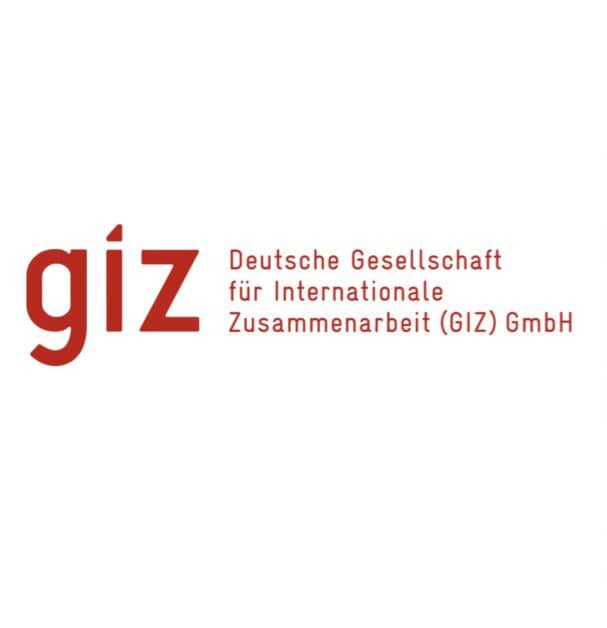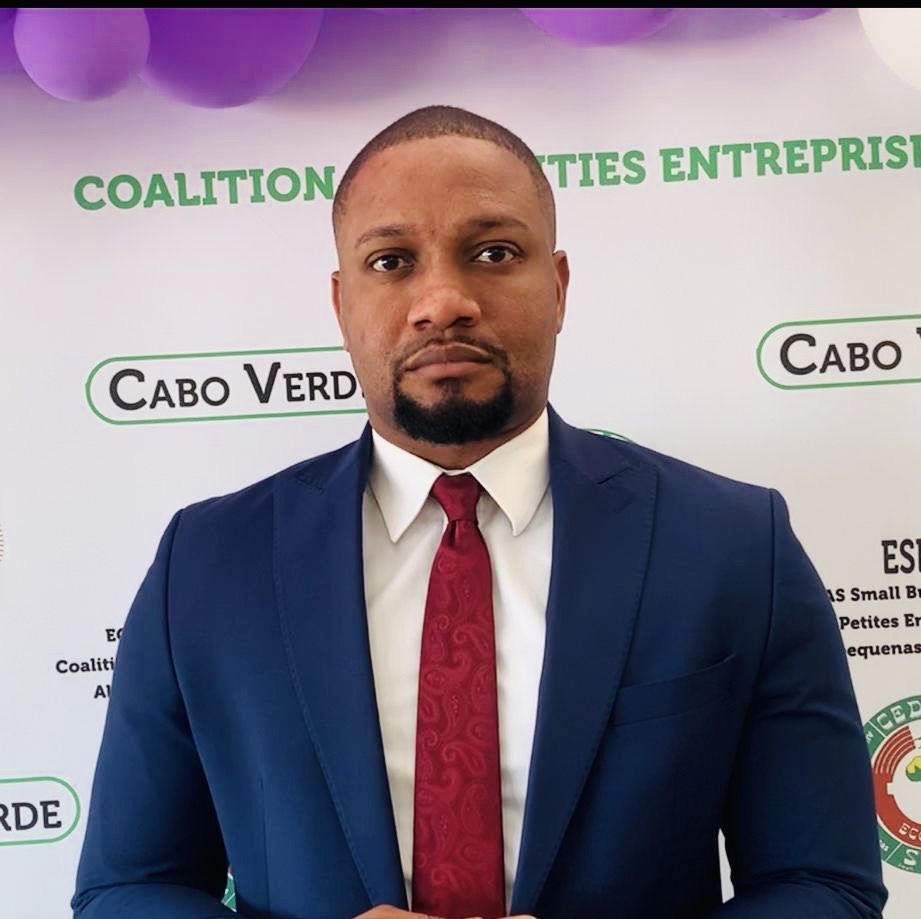By Mark Longyen
West African Micro, Small and Medium Entrepreneurs (MSMEs) under the aegis of ECOWAS Small Business Coalition (ESBC) have pledged to boost their businesses and achieve ECOWAS economic growth goals through collaboration.
ESBC Presidents from member states, alongside other stakeholders and participants, made this known in separate interviews with the News Agency of Nigeria (NAN) on the sidelines of the group’s meeting in Praia, Cape Verde.
According to them, their collaboration is critical to achieving the desired success of turning MSMEs into the true drivers of economic development in the West African subregion as obtains worldwide.
Dr Abdulrashid Yerima, ESBC President and President of MSMEs in Nigeria, described the event as a big success as they deliberated and charted the way forward by way of collaborating to find solutions to their common challenges.
He said that members agreed to strengthen their collaborations to ensure that cross-border trade is well structured, address the issues of exchange rates and payments, as well as address the challenges of customs and immigration at the borders.
“We had a very fruitful meeting here. We had deliberations on the challenges of MSMEs, especially on access to finance, access to markets, access to affordable energy, transportation and also in the area of power, access to capacity building, data and training.
“We identified how we can work together under the ETLS (ECOWAS Trade Liberalisation Scheme), and the African Continental Free Trade Area (AfCFTA) in order to enhance market access under the cross-border trade, both informal and formal.
“Most of the trade activities in West Africa are largely informal, so we had discussions on how to engage with the small and medium development agencies in West Africa, representatives of the small and medium enterprises in West Africa, to ensure that we improve the activities, create more jobs, and increase the GDP of the people,” he said.
Mrs Loide Monteiro, ESBC Vice President and President of MSMEs in Cape Verde and Lusophone countries, said the event afforded member states the opportunity to share ideas and what Cape Verde can get from them.
“It was a great event, I think we’ll have a new era of commercial transactions between Cape Verde and ECOWAS. We have the support of all the governments, so they are ready to support us in this new era.
“Also, we have seen many interests of member states to come and invest in Cape Verde, bringing goods, exploring the market, and we hope soon to have business happening between Cape Verde and the ecowas member states.
“We are now going to prepare an action plan with a schedule which we’re going to implement this year. I think we’ll see business happening in a practical way between Cape Verde and ECOWAS member states,” she said.
Dr Elias Farrakhan, ESBC President, Ivory Coast, said the event helped to strengthen the relationship of ESBC members in the subregion, noting that MSME’s all African economies are based on SME’s.
“Cape Verde, for instance, is a very nice country, which needs the support of West Africa.
“They need the support of people. So we believe that together West Africa can grow in the world,” he said.
James Trotter, ESBC President in Liberia, said the future of West African MSMEs was very bright and called on all stakeholders to collaborate to solve their common problems and achieve collective success.
“Trust me, the future of these MSMEs, the small businesses in Africa, is going to be very great because once we start to coordinate, when we start to work with each other, when we start to invest into each other’s country, we can see ourselves making a difference.
“What we are doing here is to create partnerships from one end to another. If I’m producing Okra in my country, I want somebody in Cape Verde to be an off-taker of my Okra that I bring to produce in my country,” he said.
Mahamadou Kinta, ESBC President, Mali, said it was good for West African countries’ MSMEs to come together, and agree to do things with one voice with each country having its own peculiarities and opportunities.
“We must take advantage of all these opportunities so that we can move the West African subregion forward together so that the private sector will be very useful and make the continent develop,” he said.
Also speaking, Saeed Mooman, President of ESBC, Ghana, urged ECOWAS to continue to support the ESBC, noting that by supporting them financially and also giving them direction, things would be fine.
“What I also want is that ECOWAS should support us financially and give us directions as to what to do. If you are able to engage small businesses or the private sector, it means that everybody will be okay.
“The future prospects are very bright. What I’m trying to say is that bringing 16 countries together means that we are all going to brainstorm.
“We can work together. We can move from country to country, a whole lot of things are going to happen,” he said.
Mr Koku Aboki, ESBC President, Togo, said that ESBC had achieved its basic operational plan, which is the coalition of MSMEs.
“My wish is that every resources are put in action so that we can have every category of SMEs to move apart.
“That means that every micro enterprise shall move to small, every small enterprise shall move to medium, and every medium enterprise shall move to a big enterprise,” he said.
Mr Vande Lansana, ESBC President, Sierra Leone, said that through collaboration, the next crucial step forward was the implementation of the text that supports MSMEs in line with ECOWAS economic growth and integration.
Miss Nneogo Egboh, ESBC’s Executive Director, expressed her excitement over the investment opportunities offered by member state governments, especially the private sector in the host country, Cape Verde.
“We’ve laid down our issues regarding MSMEs trade, cross border. We’ve debated, negotiated, expressed our interest with Cape Verde and its government.
“We’ve gotten beautiful feedbacks from them regarding collaboration and partnership in trade, access to market, access to finance and funding, and access to investment and all the investment opportunities in Cape Verde available for MSMEs.
“From now and henceforth, we do have some different kind of partnership with Cape Verde, and we look forward to straightening them out and collaborating more and introducing Cape Verde to the rest of West Africa and Africa as a whole,” she said.
The Director-General, Small and Medium Enterprises Development Agency of Nigeria (SMEDAN), Charles Odii, called on ECOWAS member states to take responsibility for the implementation of the ESBC’s programmes.
He said that mutual collaboration among them was critical to their achieving success, and urged them to leverage the African Continental Free Trade Area (AfCFTA), and the ECOWAS Trade Liberalization Scheme (ETLS).
Odii noted that ECOWAS had done the needful by producing the articles and the laws necessary for the MSMEs to thrive, stressing that it was now left for the individual member states to ensure implementation.
“Right now, there are conversations around access to credit, around access to land for development of SMEs, around access to finance.
“But this would not be implemented by ECOWAS as an organisation. Rather, it will be implemented by the member states of ECOWAS.
“So, we need the member states to take action and key into this, to go out there and ensure that the ecosystem has cohesion and collaboration,” he said(NAN)(www.nannews.ng)
Edited by Abiemwense Moru










